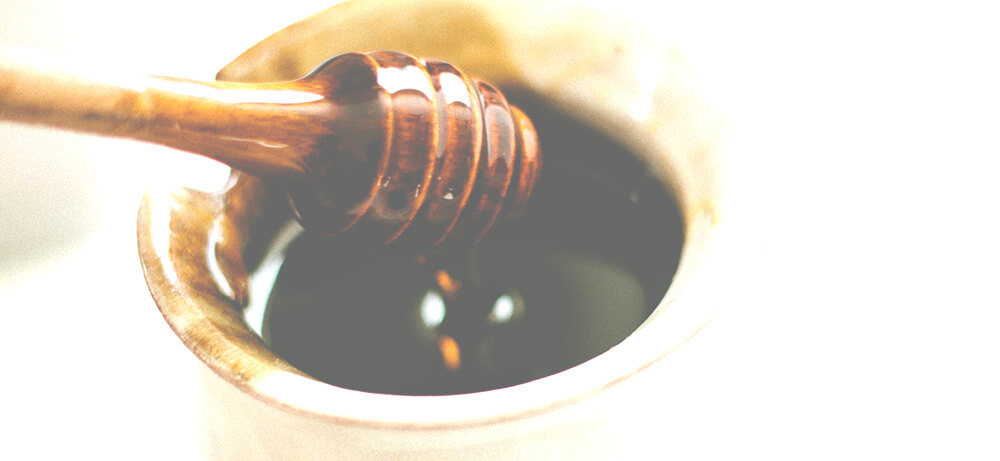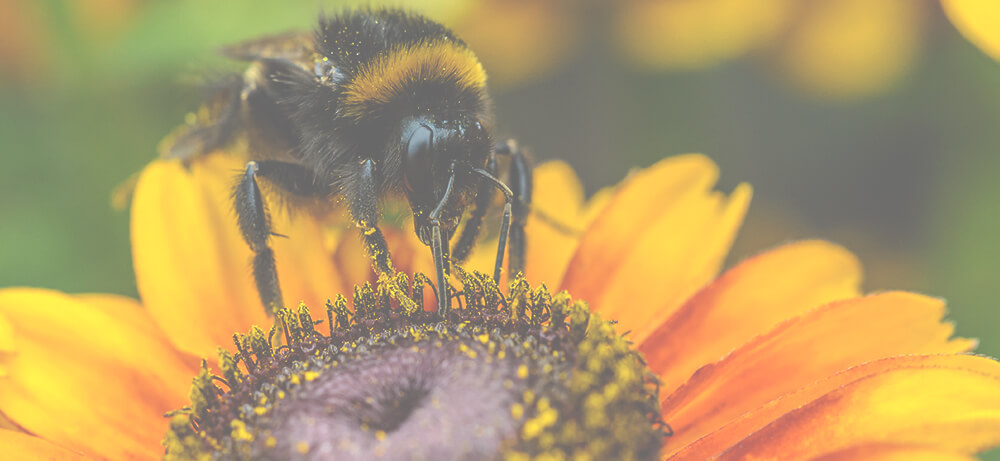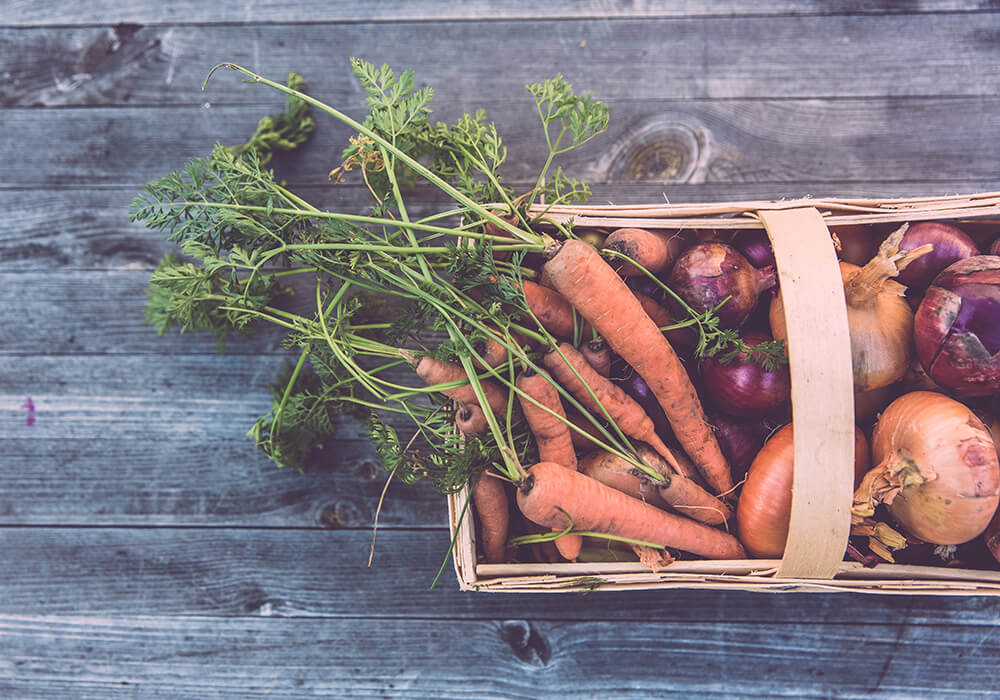The world’s bee population is declining at an unsettling rate. Entire colonies are dying off in huge numbers. While fewer insects might seem like cause for celebration, if bees go extinct it will sting. Bees are pollinators. That means they transfer pollen and nectar between various plants. When plants are pollinated by the bees, they produce more seeds, which leads to more plants. Scientists estimate that nearly 75 percent of our major crops, including fruits and veggies, only reproduce with the help of pollinators like bees. Basically, bees are a big deal.
THE BENEFITS OF BEES
Think about all the products that you use every day. Bees undoubtedly contributed to several of those. Your favorite foods like strawberries, almonds, and chocolate rely on bees. Do you drink coffee? That will be a lot harder to come by without our black and yellow friends. Honey is a popular ingredient in lotions, face washes, and grooming products. Fewer plants mean less food for animals too. When animals don’t have enough to eat, that creates a shortage of meat and dairy products. Fewer plants also mean fewer cotton plants. Cotton is used in numerous clothing and household items. These are just a few reasons why saving the bees is so essential to maintain our everyday lives.
WHY THE BEES ARE DYING
With all that in mind, you can understand why there’s so much buzz around the bee population. One of the challenges with that is the fact that there are several reasons why bees are dying. Pollution, toxic pesticides and habitat loss are just a few of the culprits. There are over 20,000 bee species, which means they are all affected differently by environmental conditions. When bees die, it’s very difficult to find them and track them back to their hive, which would provide valuable insight into the hive’s overall health.

HOW TO SAVE THE BEES
Scientists and environmentalists around the world are seeking new ways to save the bees. In Japan, Eijiro Myiako is perfecting a bee-sized drone that could artificially pollinate flowers. Dennis vanEngelsdorp at the University of Maryland is trying to kill a parasite that kills bees. Governments around the world are enacting legislation to offer greater bee protection.
On top of that, regular people like you and me are also making an effort to help the bees in any way they can. General Mills removed the familiar “Buzz the Bee” mascot from Honey Nut Cheerios to draw attention to the problem. Here are some ways you can help save the bees and, in turn, save the environment.
GROW A HABITAT FOR BEES
One way to help the bees is by creating a habitat in your backyard. Plant a garden of flowers, herbs, and vegetables that attract a lot of bees. If you plant according to the seasons, you can bee helpful all year. In spring, plant lilacs, wisteria, and sage. Summer plants include sunflowers, cosmos, tomatoes, poppies, mint, and honeysuckle. Grow sage, mint, bush sunflowers and verbena in the fall months. Be careful to avoid chemical treatments on your lawn and all your bee beneficial plants to better protect the bees.

BUY LOCAL HONEY
Buy locally sourced honey from responsible beekeepers. Many beekeepers from large operations treat their beehives with chemicals that are bad for bees. Look for pure, raw honey that’s not treated with chemicals. Farmers markets are a great place to find these sweet sustainable solutions and talk to the beekeepers about their sustainable practices. Supporting your local beekeepers also helps keep them in business, which keeps the bees in business.
The global bee population is dying off at an alarming rate but all the buzz around this environmental issue has given many people hope. Together, we can help save the bees by improving our sustainability efforts and preserving the bees’ habitats. If everyone does his or her part, we’ll be able to protect the bee population that allows us to grow our food. It’s a win-win, and that ending sounds as sweet as honey to me.





